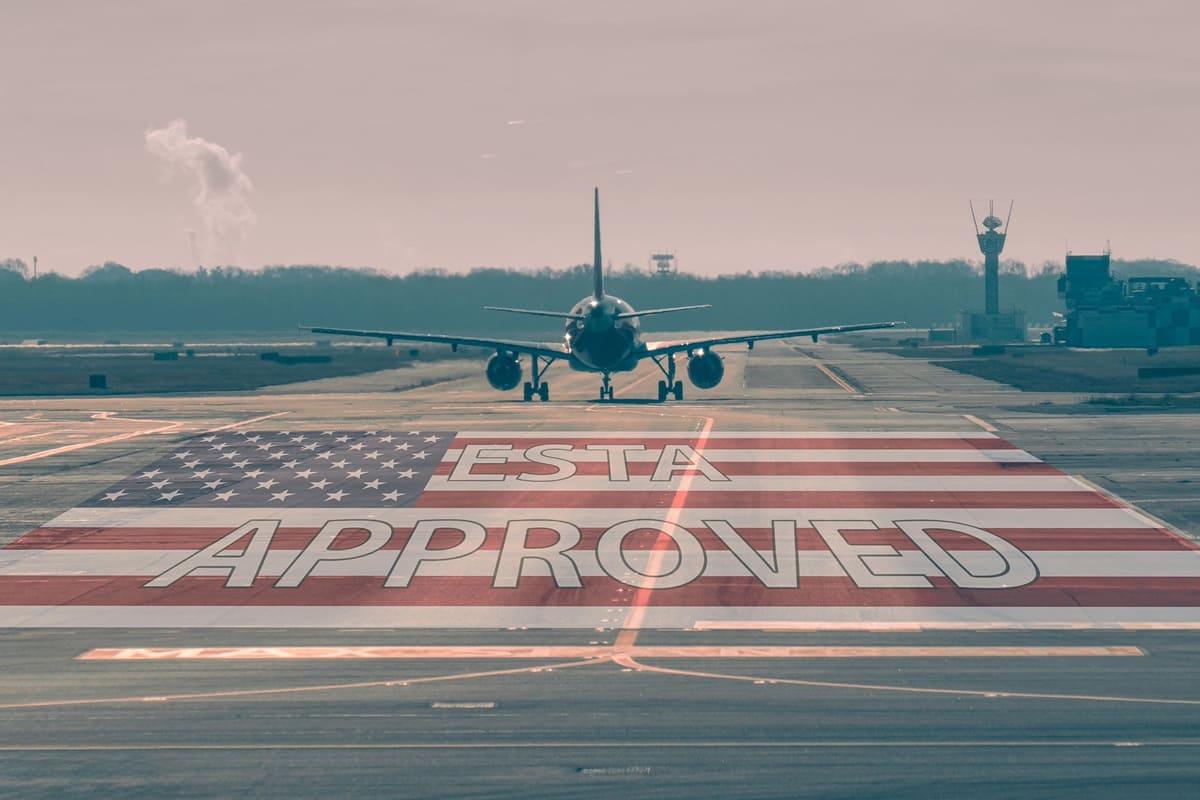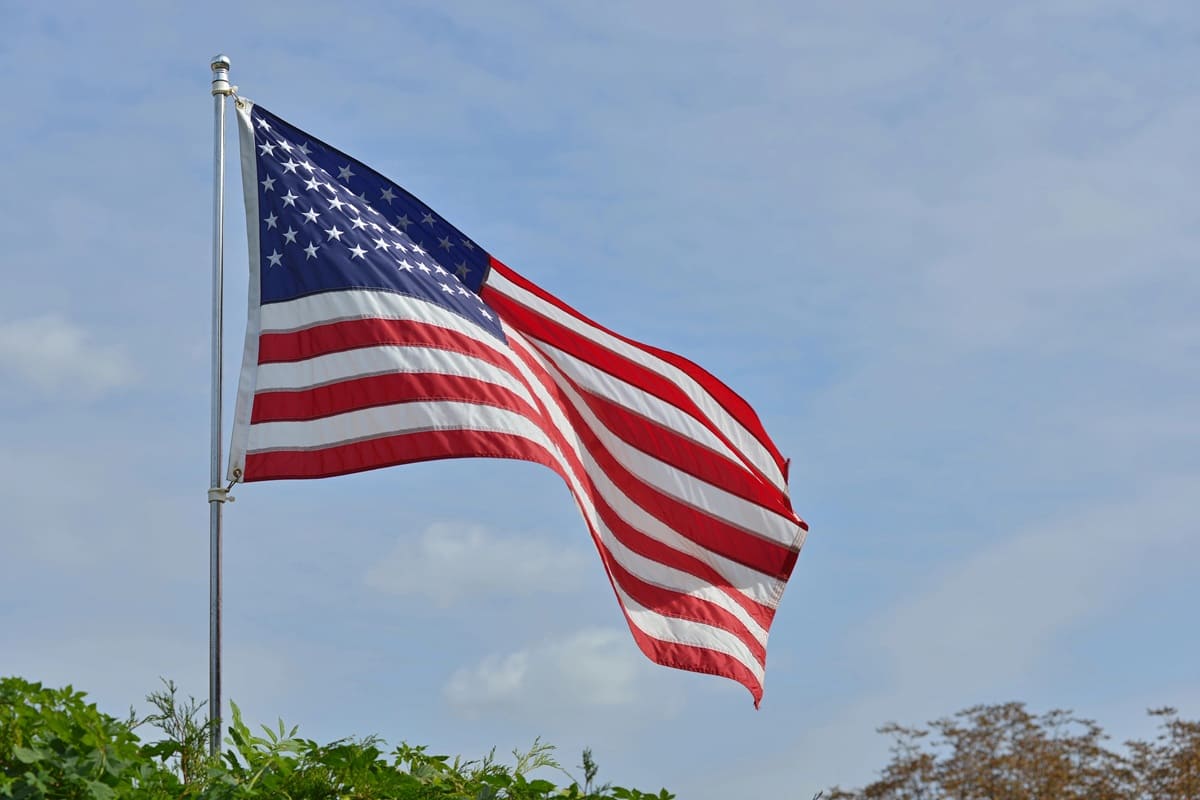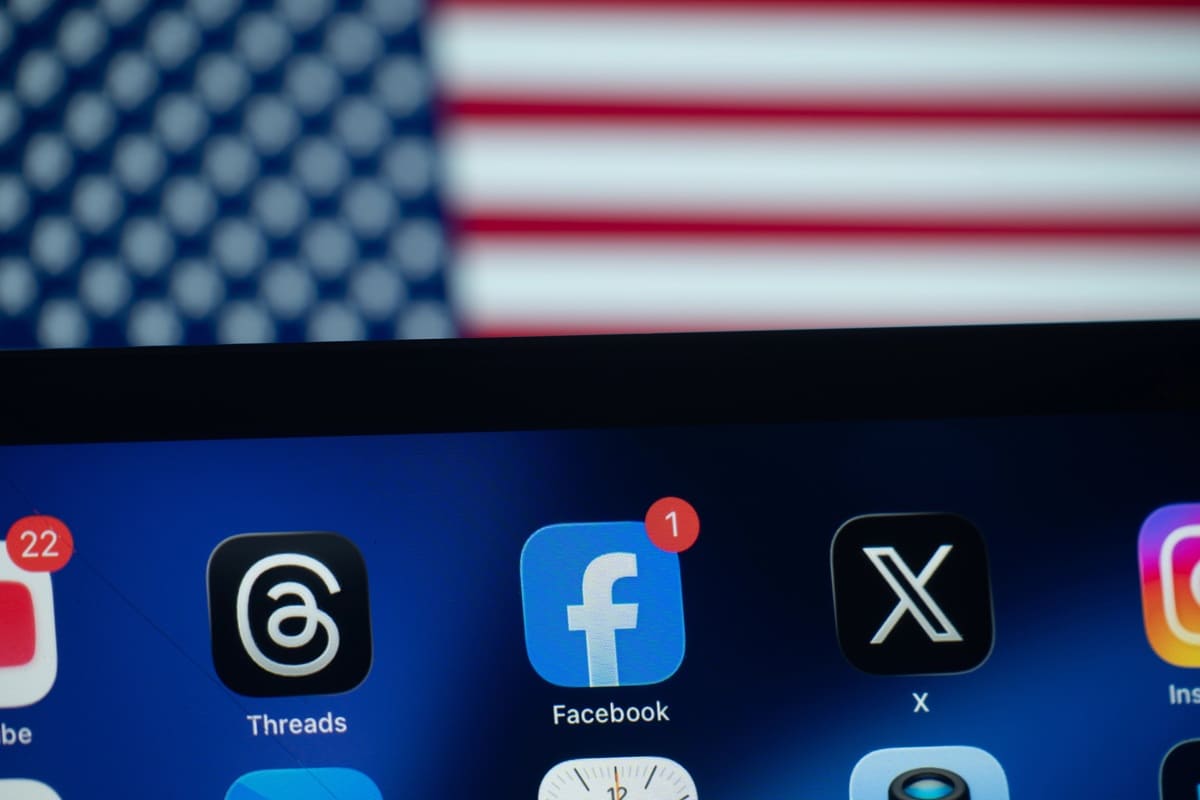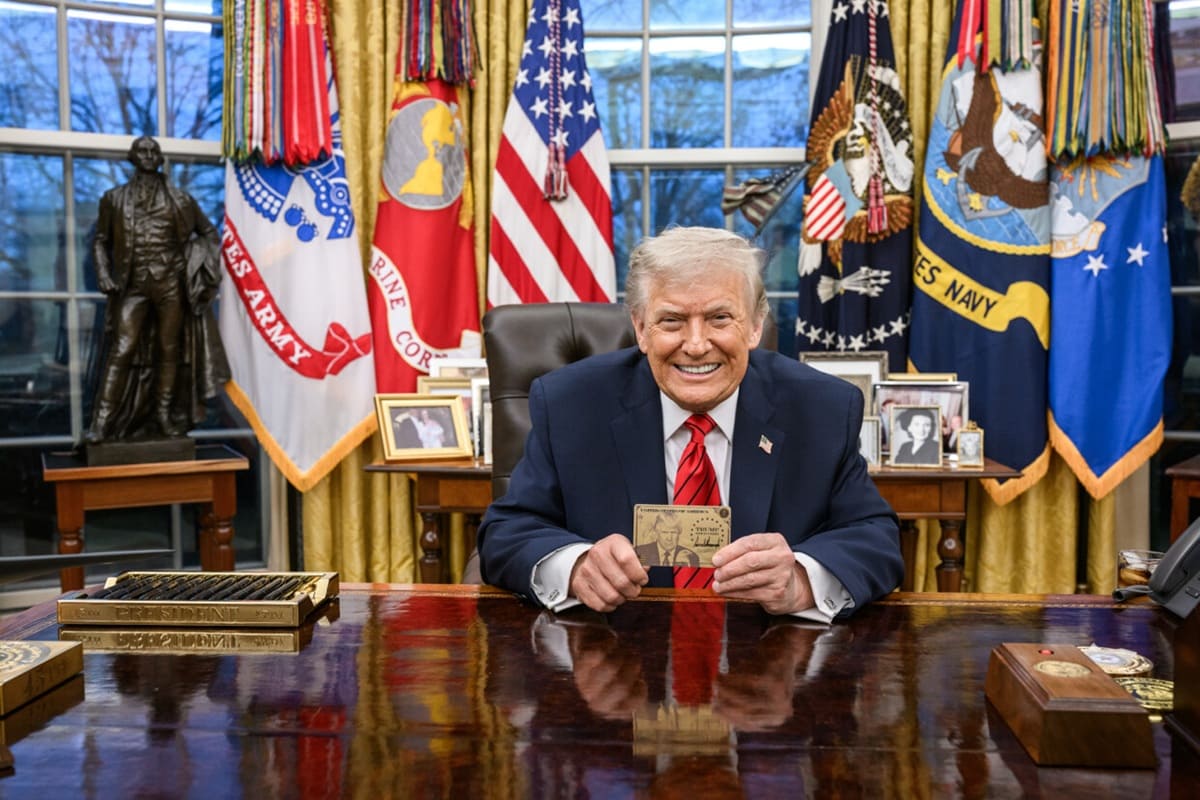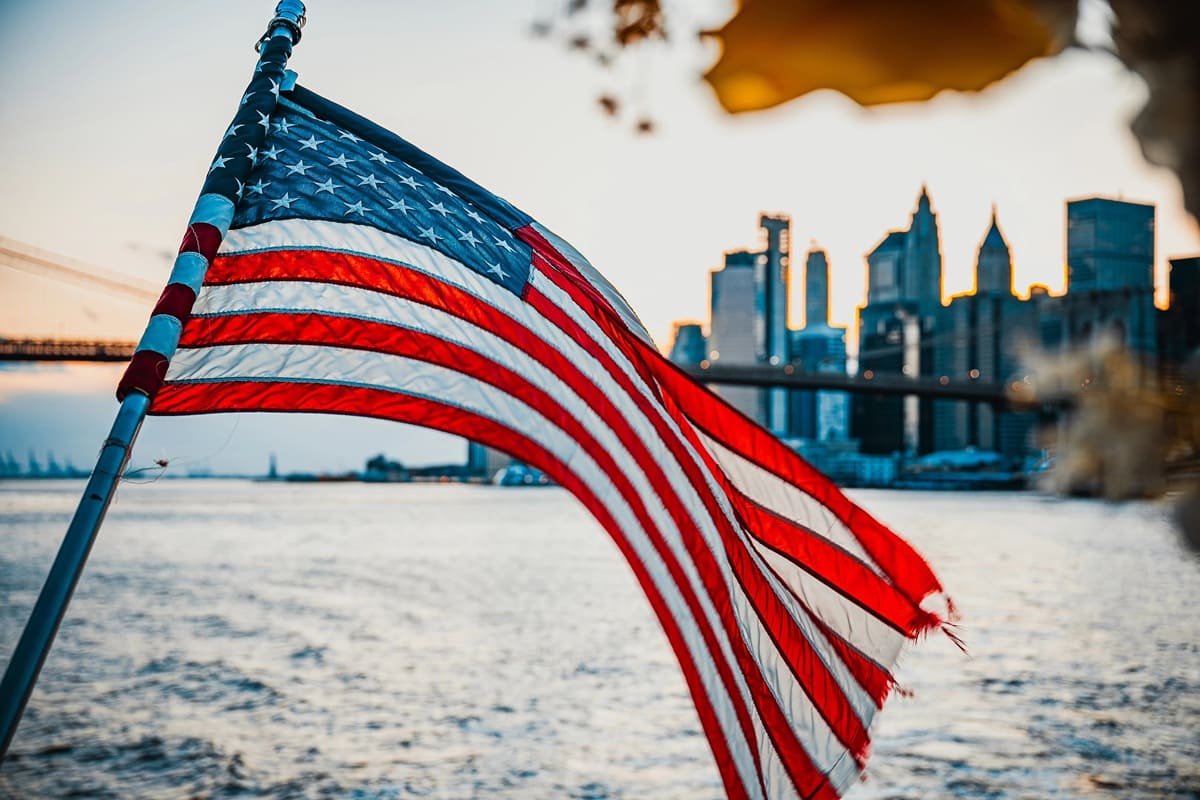In a move strongly reminiscent of his original 2017 travel ban, President Donald Trump signed the proclamation yesterday, barring certain foreign nationals from entering the United States in order to “protect the United States from foreign terrorists and other national security and public safety threats.”
This policy, set to take effect on June 9, 2025, targets 12 countries whose citizens will be completely barred from entering the United States under any visa category, whether for tourism, business, immigration, or education. An additional seven countries will face partial restrictions.
12 countries facing a complete entry ban
Under the presidential proclamation, citizens from 12 countries are prohibited from entering the U.S. altogether. The ban applies to nearly all visa types, including tourist, business, student, and immigrant visas. Exceptions are extremely limited, applying only to diplomatic or urgent humanitarian cases.
Countries subject to a full ban:
- Afghanistan, Burma (Myanmar), Chad, Equatorial Guinea, Eritrea, Haiti, Iran, Libya, Republic of the Congo, Somalia, Sudan, and Yemen.
Key restrictions:
- General ban on entry with very limited exceptions for diplomats or humanitarian cases.
- Suspension of all non-immigrant and immigrant visa issuance to citizens of these countries.
- Denial of entry even for those who already hold a valid visa issued prior to the order (cases may be reviewed individually).
7 Countries Facing Partial Entry Restrictions
Seven other countries will face more targeted restrictions based on visa categories. These often include a ban on diversity lottery visas, more extensive vetting, or suspension of specific categories like student or temporary work visas.
Countries with partial restrictions:
- Burundi, Cuba, Laos, Sierra Leone, Togo, Turkmenistan, and Venezuela.
Key restrictions:
- Suspension or limitation of specific visa categories (e.g., diversity, student, work).
- Increased security screening for visa applicants.
- Intensive administrative review and significant processing delays.
- Potential entry denial, even with a valid visa, if security concerns are identified.
“We don’t want them”
In his announcement, President Trump directly linked the new entry restrictions to a recent attack in Boulder, Colorado.
On June 1, 2025, an Egyptian national, living illegally in the United States, was arrested after throwing an incendiary device into a crowd, injuring several people. While Egypt is not among the countries targeted by this new policy, Trump cited the incident as a clear example of the flaws in the current immigration system.
The recent terror attack in Boulder, Colorado has underscored the extreme dangers posed to our country by the entry of foreign nationals who are not properly vetted, as well as those who come here as temporary visitors and overstay their visas. We don’t want them.
Donald Trump – June 4, 2025
Targeted restrictions against Harvard University
Alongside the travel restrictions, Donald Trump also issued a separate decree specifically targeting Harvard University.
In a proclamation dated June 4, 2025, President Trump temporarily suspended the admission of new international students to Harvard, citing the need to “enhancing national security by addressing risks at Harvard University.”
The university is accused of failing to cooperate with federal authorities, particularly by withholding information about foreign students involved in suspicious activities.
This measure halts the entry of all new international students to Harvard for an initial period of six months, with the option to extend or broaden the restriction.
In a related move, the Trump administration also threatened to revoke the federal accreditation of Columbia University in New York, accusing the institution of failing to adequately address incidents of harassment against Jewish students. Such an action would strip the university of federal funding and jeopardize students’ access to financial aid.
New ESTA requirement: mandatory “selfie”
In addition to country-specific and institutional restrictions, the Trump administration has also introduced new technical requirements for entering the U.S., including for travelers from Visa Waiver Program (VWP) countries.
For the past few days, travelers applying for ESTA authorization online have been required to provide a facial photo (selfie) in addition to a copy of the biographical page of their passport. This requirement, already in force on the mobile application, is gradually being rolled out to the web version of the ESTA form.
The selfie is used for automated facial recognition, comparing the uploaded photo to the passport to verify the identity of visa-exempt travelers.

